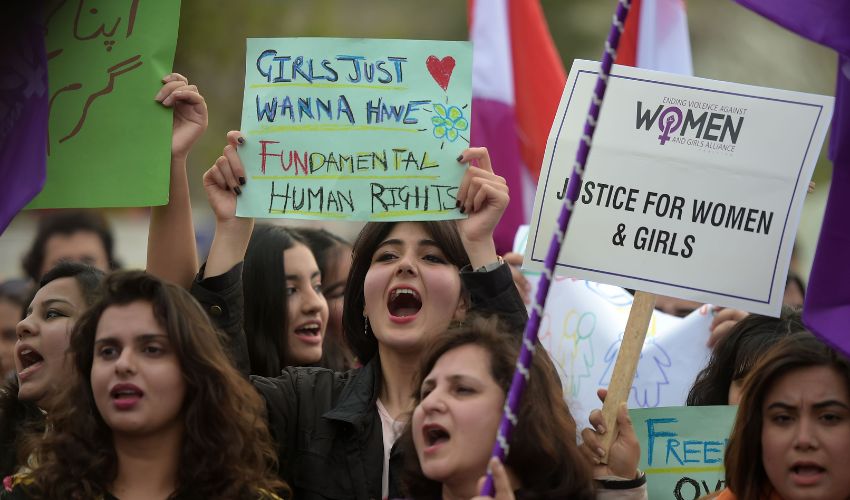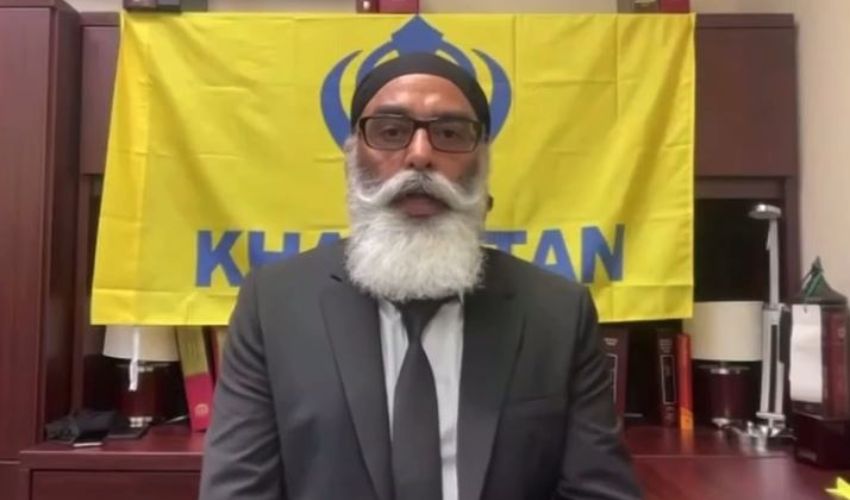The Supreme Court on Wednesday dismissed the Punjab government’s appeals seeking physical remand of Pakistan Tehreek-e-Insaf (PTI) founder Imran Khan, observing that there was no legal justification to pursue such a request more than a year after his arrest.
A two-member bench, comprising Justice Hashim Kakar and Justice Salahuddin Panhwar, heard the matter and ruled that the provincial government was free to approach the trial court if it still sought remand.
However, the court maintained that Imran Khan’s legal team reserves the right to contest any such application.
Justice Hashim Kakar - while announcing the verdict - remarked that “a year and a half has passed since the arrest of the accused — the question of physical remand at this stage simply does not arise.”
The case pertains to the provincial government’s demand for physical custody of the former prime minister for the purpose of conducting various forensic tests, including photographic, polygraphic (lie-detector), and voice-matching examinations.
During the hearing, Punjab’s Prosecutor General contended that these tests were essential to the investigation. However, Justice Kakar noted that the application under review pertained solely to physical remand, not to any forensic testing.
Justice Salahuddin Panhwar questioned the rationale behind the request, remarking, “Such tests have never been conducted in even the gravest of cases — including murder or zina. One hopes the state would exhibit the same zeal in cases involving the common man.”
The apex court’s remarks appear to be a subtle rebuke of the government’s prioritisation of high-profile political cases while ordinary citizens often face delays and inefficiency in the justice system.
This development comes amid mounting legal battles for the PTI founder, who has remained incarcerated since mid-2023 in connection with multiple cases ranging from corruption to incitement of violence.
Earlier this month, reports surfaced suggesting the government’s intent to subject Imran Khan to additional forensic procedures, prompting criticism from his legal team, which termed the move politically motivated and unnecessary at this stage of investigation.
The Supreme Court’s verdict effectively closes the door on any immediate attempt to place the former prime minister under physical custody, unless fresh grounds are presented before the relevant trial court.
Legal experts say the ruling underlines the court’s increasing scrutiny of executive overreach and the need for procedural fairness, especially in politically charged cases.



























